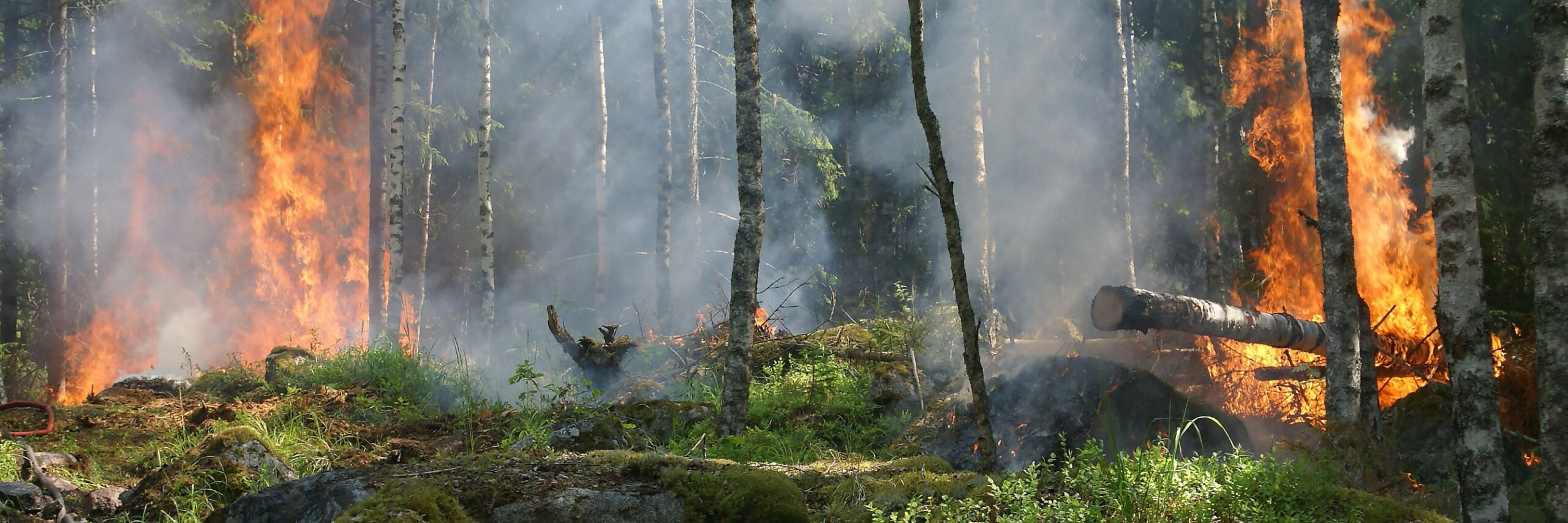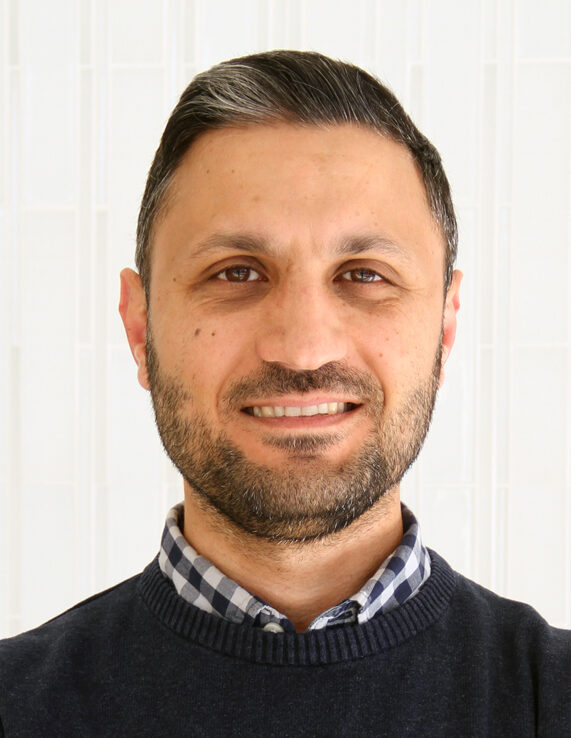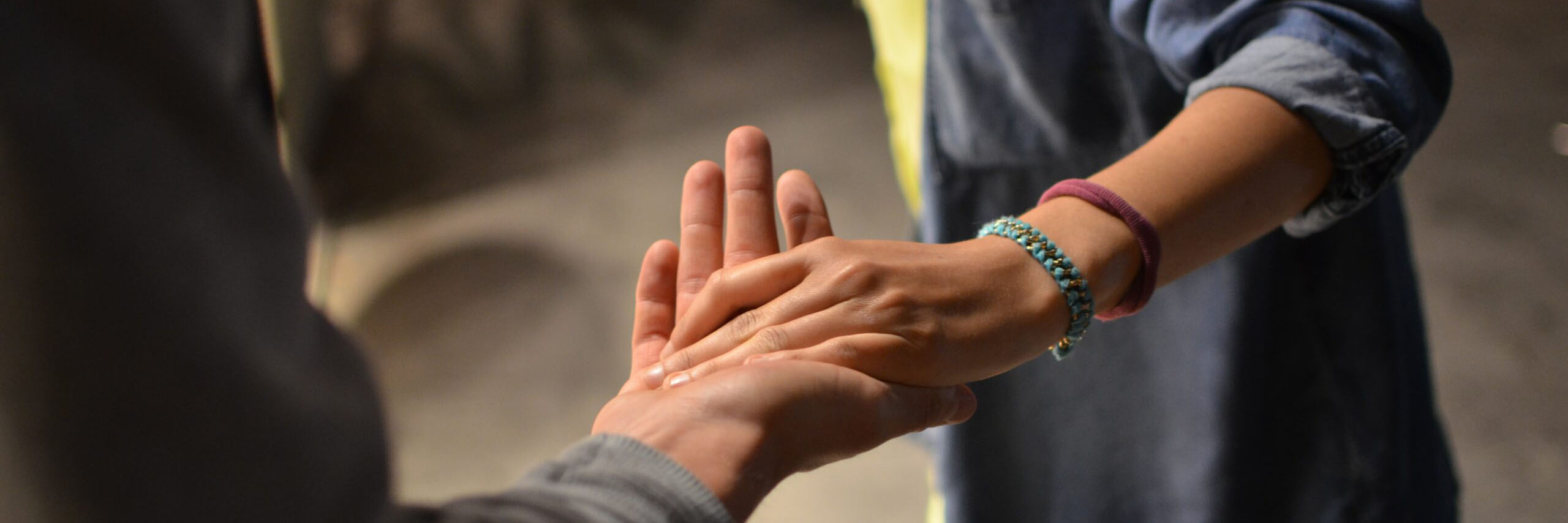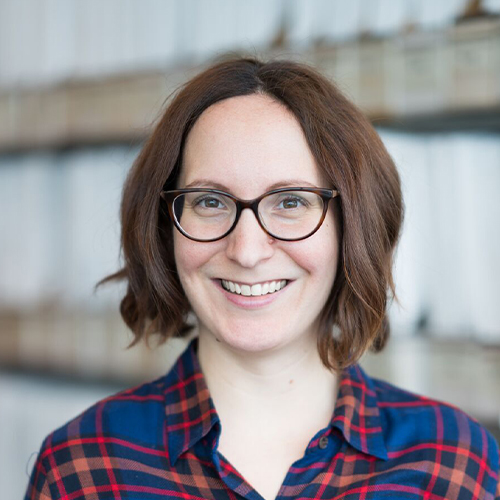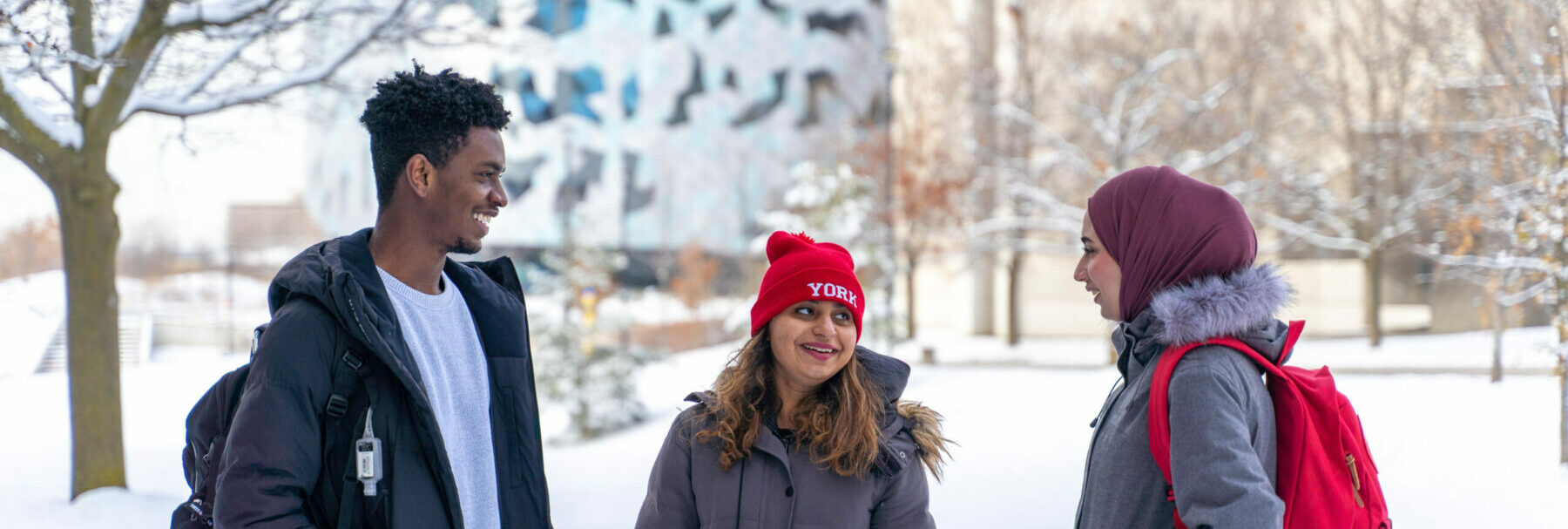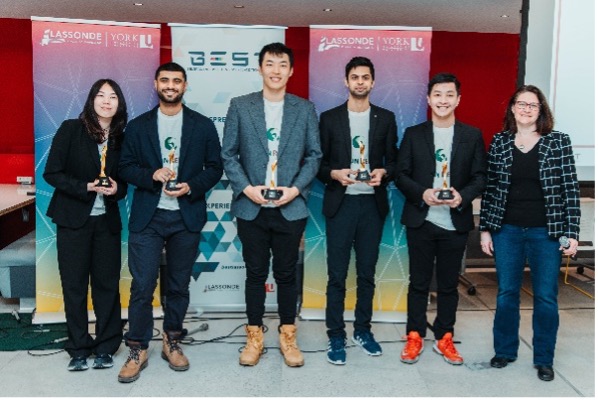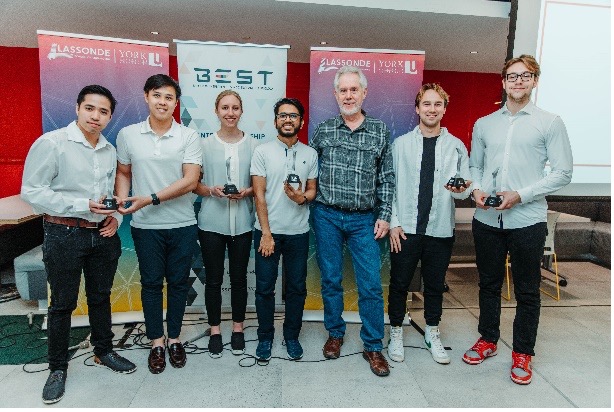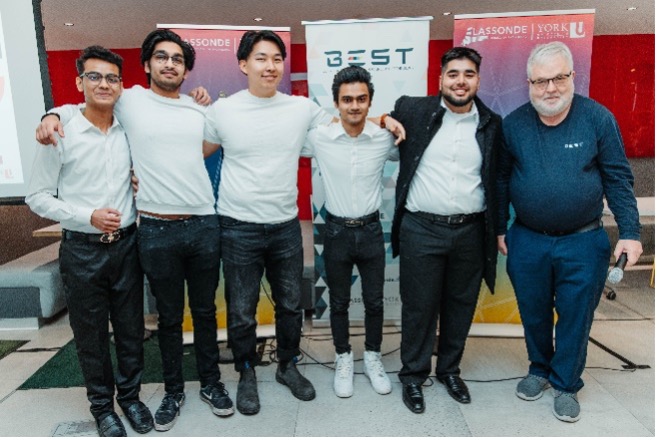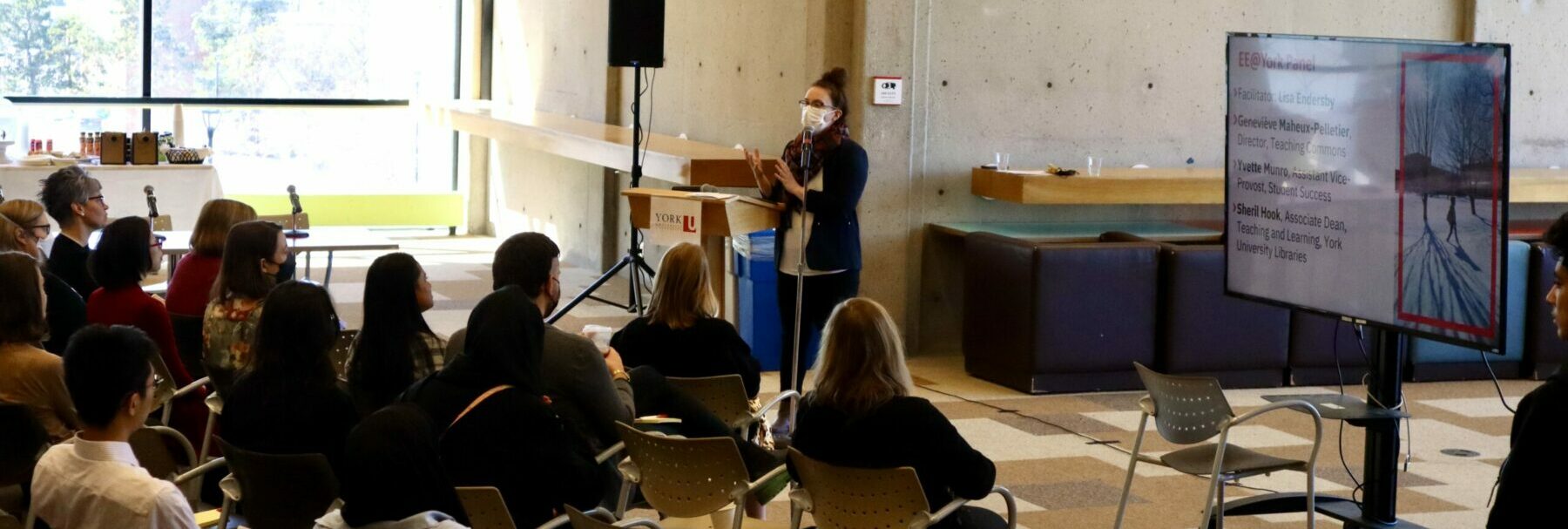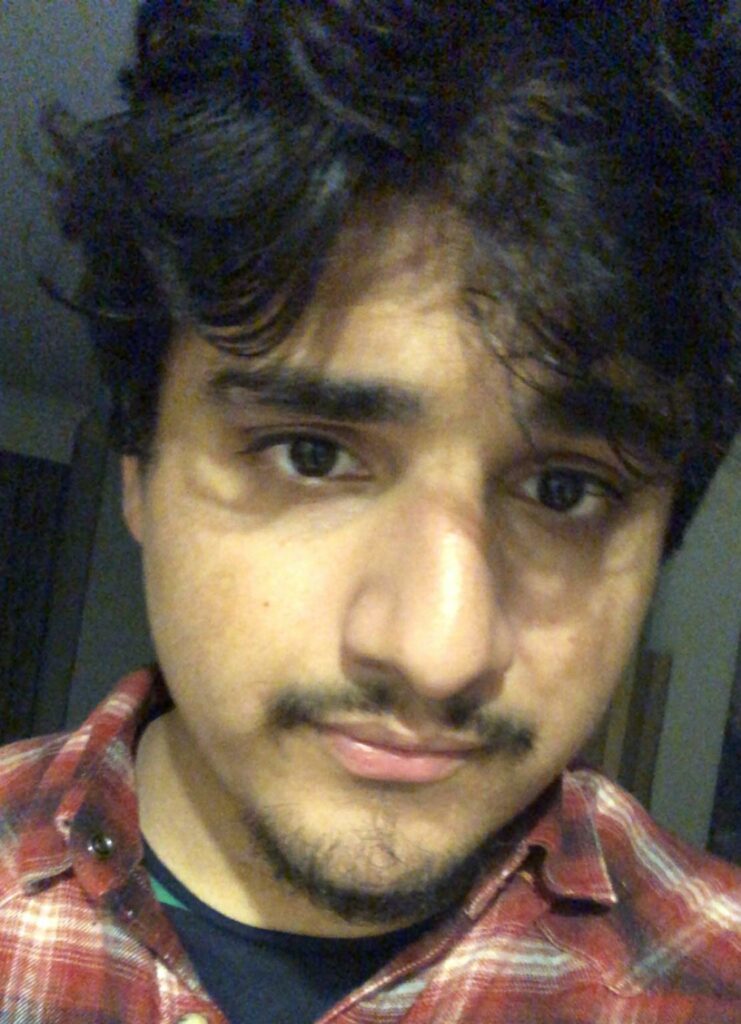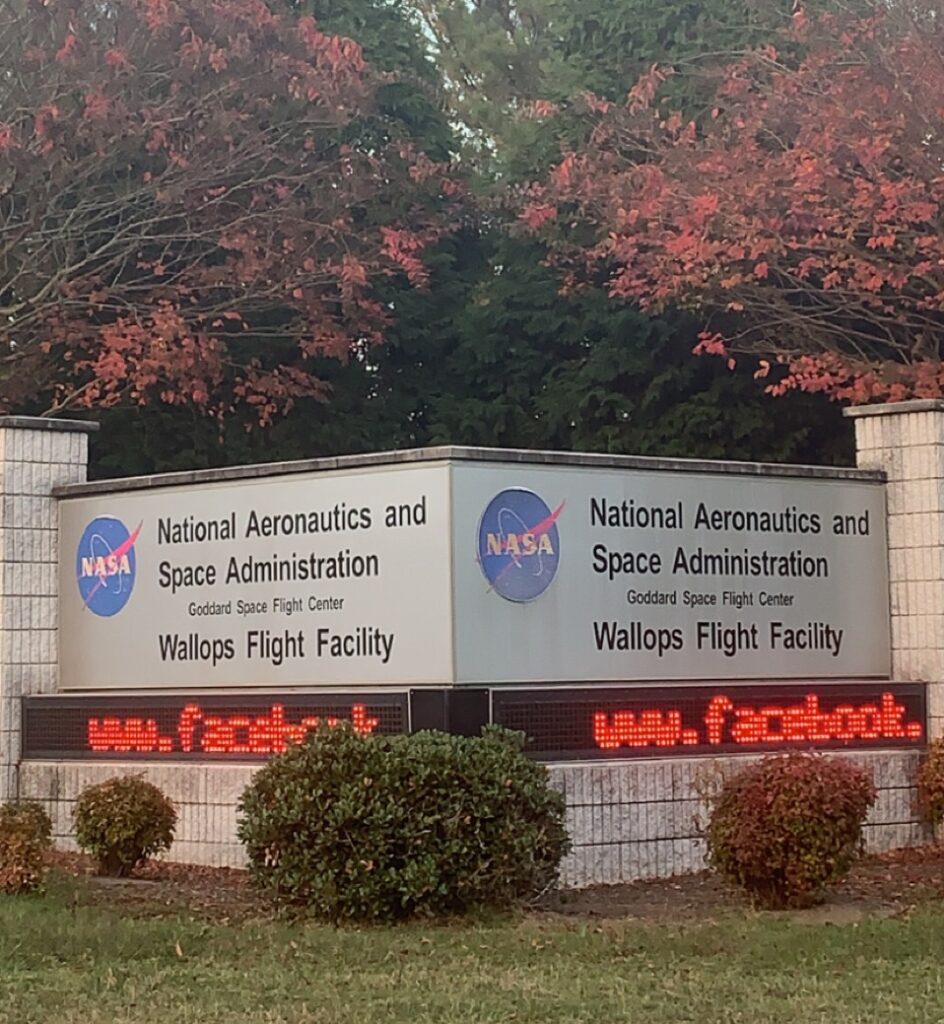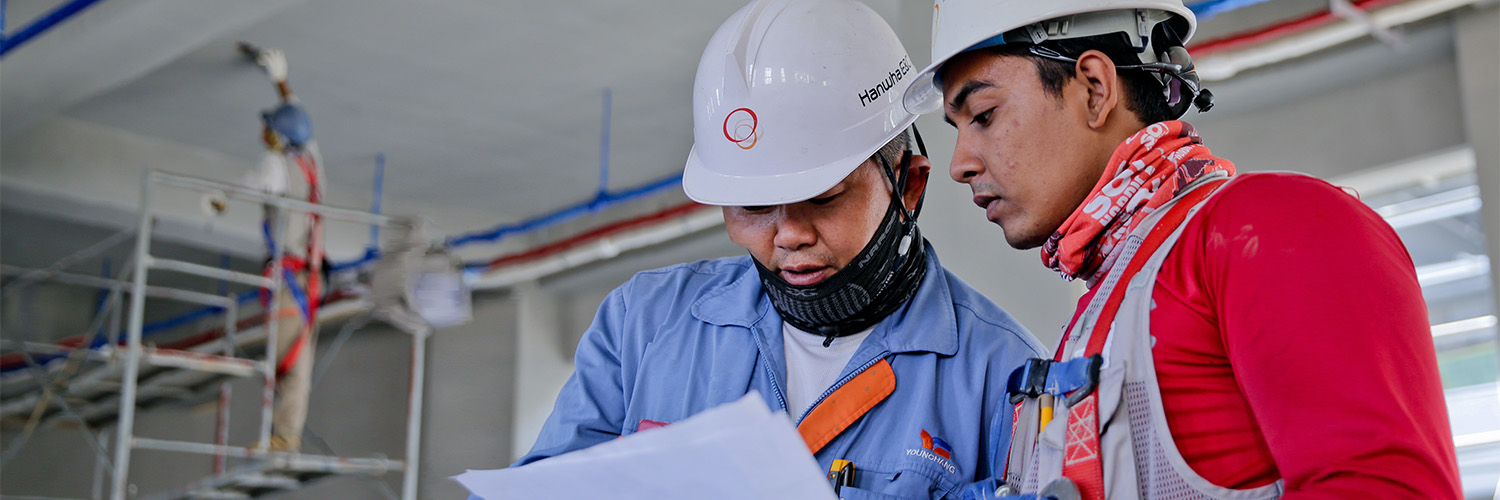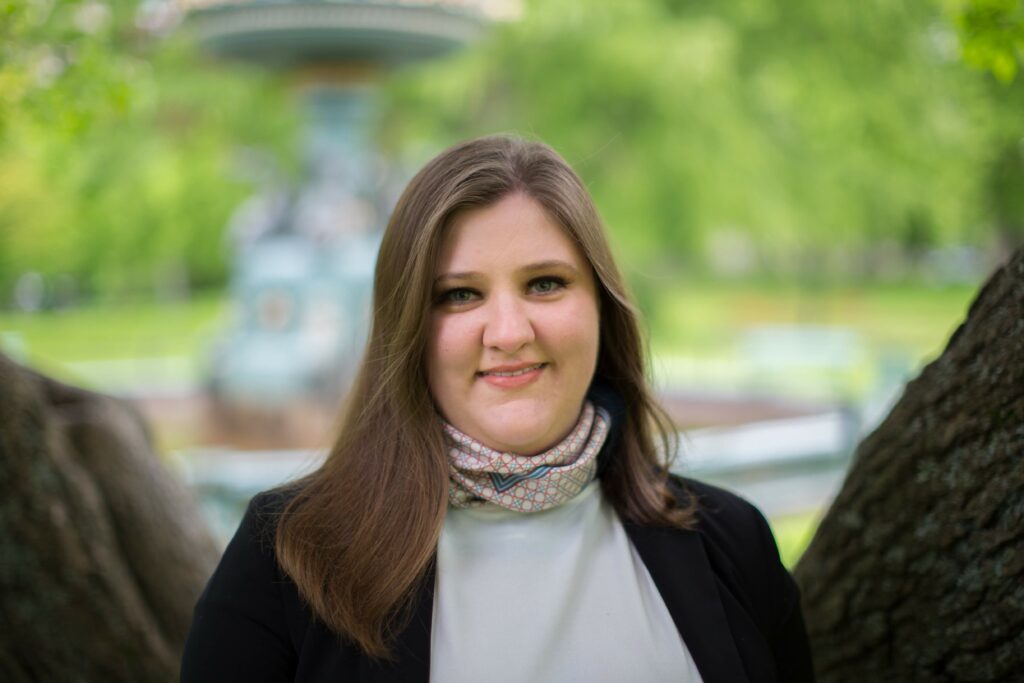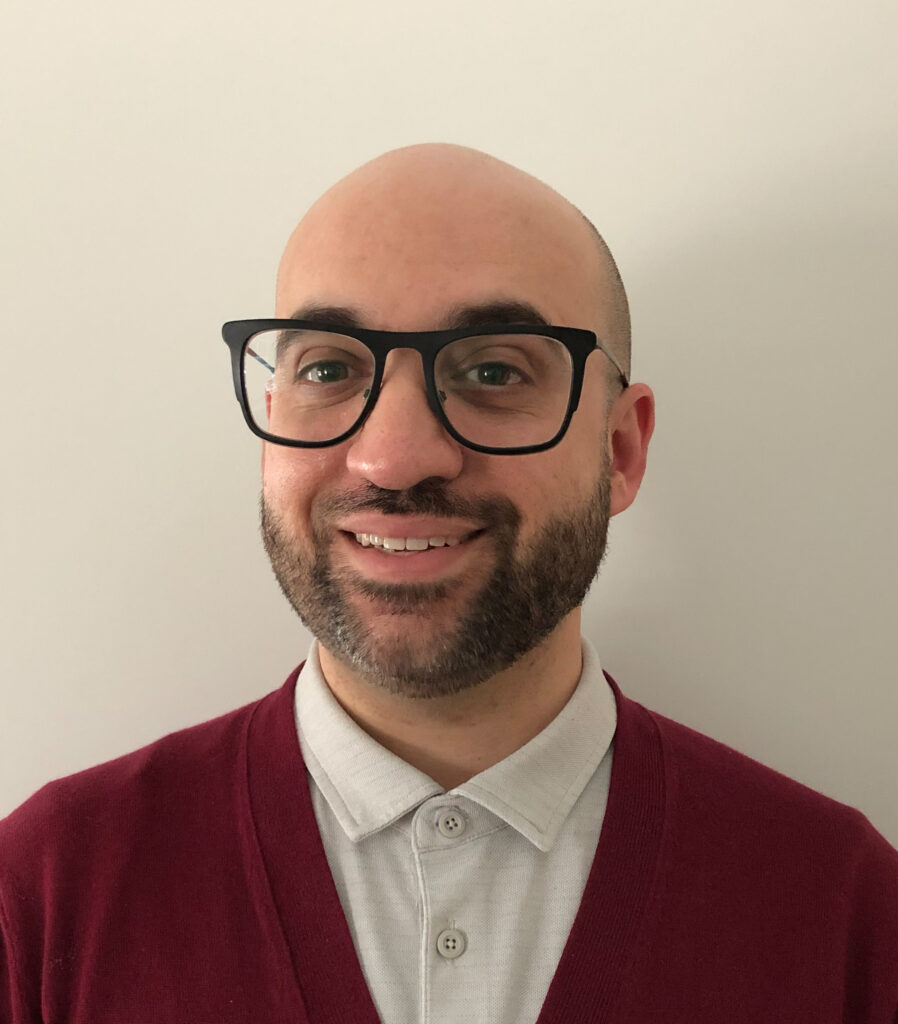Contributed by the Natural Sciences and Engineering Research Council of Canada Alliance (NSERC), the funding will go towards developing better ways of managing risk and protecting Canadians from increasing threats, such as pandemics, climate catastrophes and financial crises.
Professor Edward Furman of the Faculty of Science at York University leads the team at the Risk and Insurance Studies Centre (RISC) that will use the grant over five years for a new program called New Order of Risk Management (NORM): Theory and Applications in the Era of Systemic Risk. NORM looks to address an acute need for a fundamental transformation in how people think about and manage that risk.
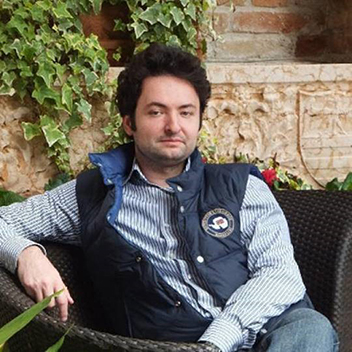
“Risk management is key to promoting economic growth and improving welfare in Canada and in other Organization for Economic Co-operation and Development (OCED) countries by taming conventional risks, but it has not had the desired results in today’s increasingly interconnected world. In fact, some call it a failure,” says Furman. “We hope to lead a paradigm shift around what constitutes best practices and regulation for systemic risk, one that has a broader view of what risk entails and that encompasses the complexity of its systemic nature.”
Given recent socioeconomic, demographic, technological and environmental changes, the researchers say change is overdue.
Systemic risks, such as the COVID-19 pandemic and the global financial crisis which started in 2007, often spill across socioeconomic boundaries, disproportionately impacting vulnerable populations and magnifying social inequities. The pandemic has already driven Canada’s annual deficit to $348 billion and its national debt is on target to hit $1.2 trillion, while the global financial crisis resulted in a severe recession with sharp declines in national gross domestic product.
Climate change is creating multiple systemic risks as sea levels rise, wildfire season becomes longer with a greater potential for catastrophic fires and extreme weather events increase, such as flash flooding and storm surges, which can result in widespread devastation to coastal and inland communities in Canada and globally.
A better understanding of systemic risk is needed, says the NORM team, which includes York Professors Jingyi Cao of the Faculty of Science, Ida Ferrara of the Faculty of Liberal Arts & Professional Studies, Dirk Matten of the Schulich School of Business and Shayna Rosenbaum of the Faculty of Health, as well as professors from University of British, University of Toronto, University of Waterloo and Western University.
With their industrial collaborators, the NORM team will develop novel theories, operational tools and regulatory mechanisms to address the increasing systemic nature of risks, while also accounting for unequal susceptibility to systemic risk, pursuing equity and building resilience.
“NORM’s impacts mean not only an academic breakthrough in how we conceptualize systemic risk, but also fundamental transformations in how we manage and govern this new type of risk more effectively through strategies that reflect and consider equity and vulnerability,” says Furman.
Systemic risk is a global threat. NORM brings exceptional depth and breadth of relevant scholarly expertise from actuarial mathematics, business, economics, psychology and statistics together with industry collaborators, including Sun Life Financial, Canada Life, CANNEX Financial Exchanges, Aviva Canada and Wawanesa Insurance, to tackles the issues.
Learn more at News @ York.


